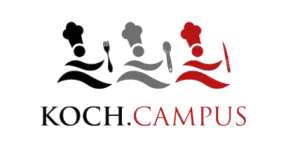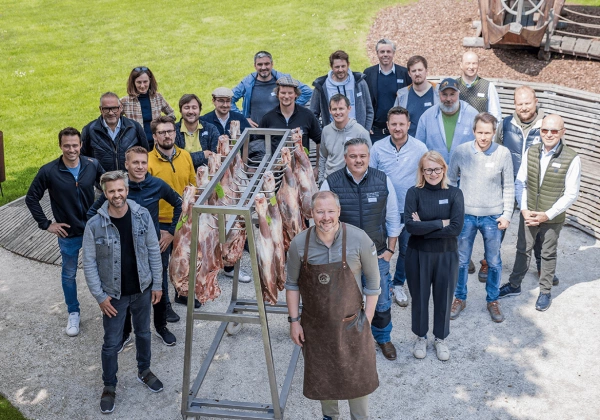Agricultural approaches for the future
Under the guidance of soil science expert Hans Unterfrauner, different soil samples were analysed. The landscape ecologist explained clearly how to measure the pH value and how to recognise the quality of soils. He also referred to the impact of climate change: "Every drop of precipitation must be stored in the soil so that we can keep farming without artificial irrigation in the future". Earthworms open up the soil and make it a better water reservoir. This was the cue for Alfred Grand, who produces the most valuable earthworm humus with the earthworm farm Vermi Grand. He also put forward an exciting thesis: "If every larger municipality were to establish a market garden*, that would secure a supply of vegetables for the region – in the best case, even worldwide."
Martin von Mackensen, head of the agricultural school for biodynamic agriculture at Dottenfelderhof (near Frankfurt) believes that "a sensible farmer has to see both above and below the ground". He spoke about different ways of thinking about biodynamic agriculture and viticulture, including, specifically, biodiversity, plant care and compost management. The goal of all this is to achieve the most fertile soil possible.
Enjoyment from the soil - trial and error
Sommeliers Kathi Gnigler (Landhaus Bacher) and Benny Neiber-Trybek (Gastwirtschaft Floh) hosted a tasting with wines from the respekt-BIODYN wine group. The wines came exclusively from calcareous or pebbly soils. Whilst vinified from different areas, by different winemakers, each wine clearly spoke of its soil. The wines from pebbly soils were somewhat fruity and accessible, whereas those from calcareous soils were recognisable by their tautness and elegance.
Vegetable guru Johann Reisinger, organic farmer and agricultural engineer Franziska Lerch and Arche Noah variety specialist Klaus Brugger led the taste experts through an exciting array of asparagus salads from different gardens. It was astonishing how the aroma, bitterness and acidity of the asparagus varied depending on the soil.
And it wouldn't be Koch.Campus if the theory wasn't then immediately tested in the kitchen...







































